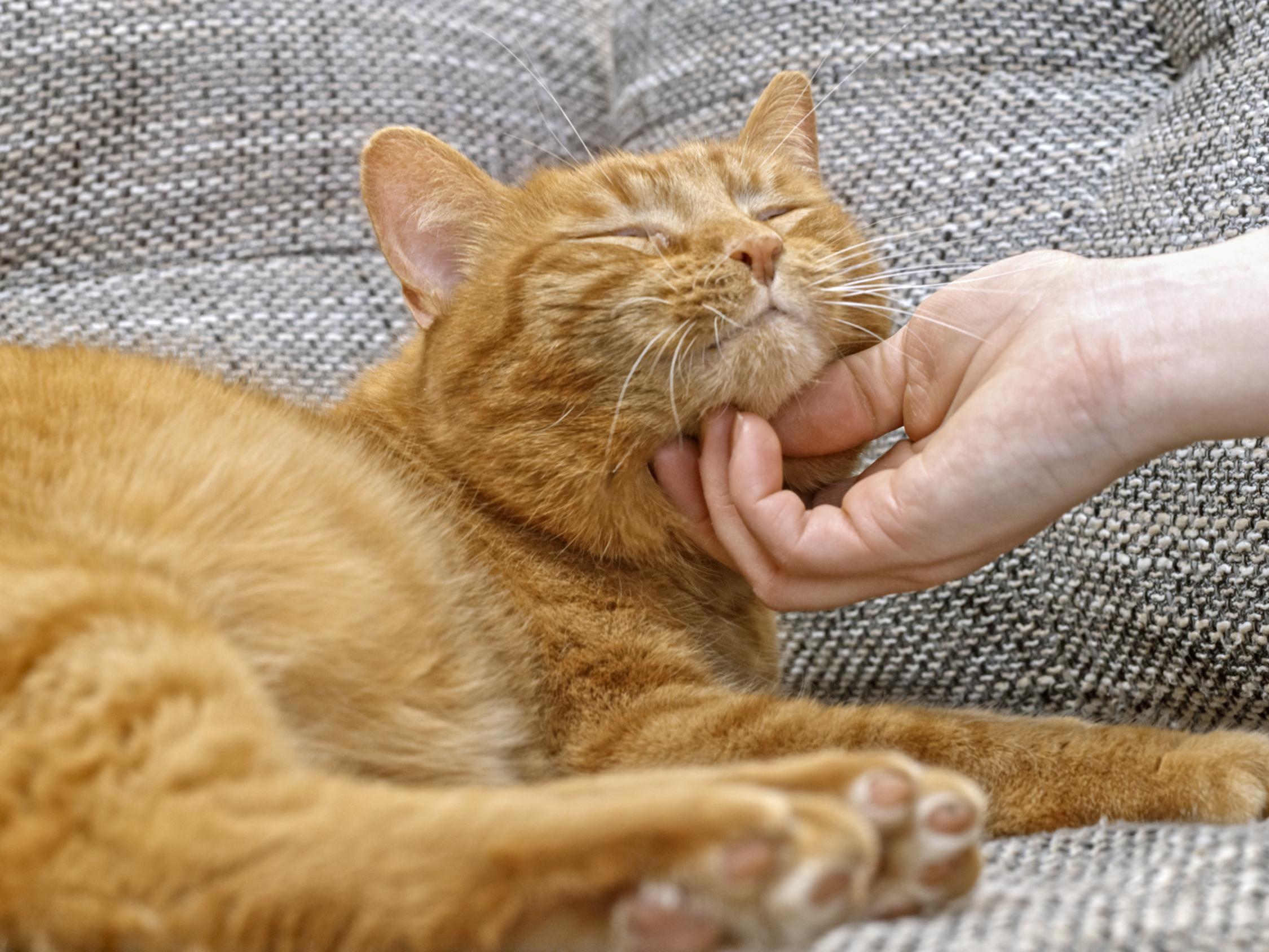The Independent's journalism is supported by our readers. When you purchase through links on our site, we may earn commission.
Cats able to recognise their own names, study finds
Scientists say pets appear to show comprehension, but are probably not attaching a deep meaning to words

Your support helps us to tell the story
From reproductive rights to climate change to Big Tech, The Independent is on the ground when the story is developing. Whether it's investigating the financials of Elon Musk's pro-Trump PAC or producing our latest documentary, 'The A Word', which shines a light on the American women fighting for reproductive rights, we know how important it is to parse out the facts from the messaging.
At such a critical moment in US history, we need reporters on the ground. Your donation allows us to keep sending journalists to speak to both sides of the story.
The Independent is trusted by Americans across the entire political spectrum. And unlike many other quality news outlets, we choose not to lock Americans out of our reporting and analysis with paywalls. We believe quality journalism should be available to everyone, paid for by those who can afford it.
Your support makes all the difference.Despite their aloof nature, cats are actually perfectly capable of recognising their names when called, according to a new study.
While many cat owners are doubtless already sure their beloved pets understand them, there has never been much evidence to back this up.
Dogs on the other hand, as well as apes, parrots and dolphins, have all shown some understanding of human speech in tests conducted by scientists.
Now, a Japanese team led Dr Atsuko Saito at Sophia University recruited 78 feline subjects from surrounding households and “cat cafes” to find out if cats also possessed this ability.
“Cats are sensitive to differences in human voice characteristics,” the authors wrote in their Scientific Reports paper.
“Some owners insist their cats can recognise their own names and words related to food.”
The team therefore proposed that cats may be able to discriminate between different words, particularly their own names.
For each cat, four different words were spoken to the cat via a recording of the researchers or owners talking, followed by its name.
Recognition was defined as a noticeable response in which the animal moved its ears, head or tail, or made a noise.
While most of the cats initially reacted to the words being spoken to them, their interest tapered off as the list was read.
However, they tended to perk up as the scientist read out the final word – the animal’s name.
Dr Kristyn Vitale, who studies the cat-human bond at Oregon State University and did not participate in the research, said the results “make complete sense to me”.
However, she told Associated Press, she did not think the results meant the animals were assigning a sense of self to their name, just learning to recognise a sound.
The team agreed that despite the apparent comprehension shown by their subjects, the cats are probably not attaching a deep meaning to their names.
Instead, they are probably learning to associate the sound of their names either with something positive like food, or something negative such as an imminent trip to the vet.
The authors also noted that felines living in cat cafes were less able to tell the difference between their names and their fellow residents’.
This is probably because in these institutions, which can often house dozens of animals to entertain their patrons, the cats associated all of the names being called with familiar rewards or punishments.
Subscribe to Independent Premium to bookmark this article
Want to bookmark your favourite articles and stories to read or reference later? Start your Independent Premium subscription today.
Join our commenting forum
Join thought-provoking conversations, follow other Independent readers and see their replies
Comments